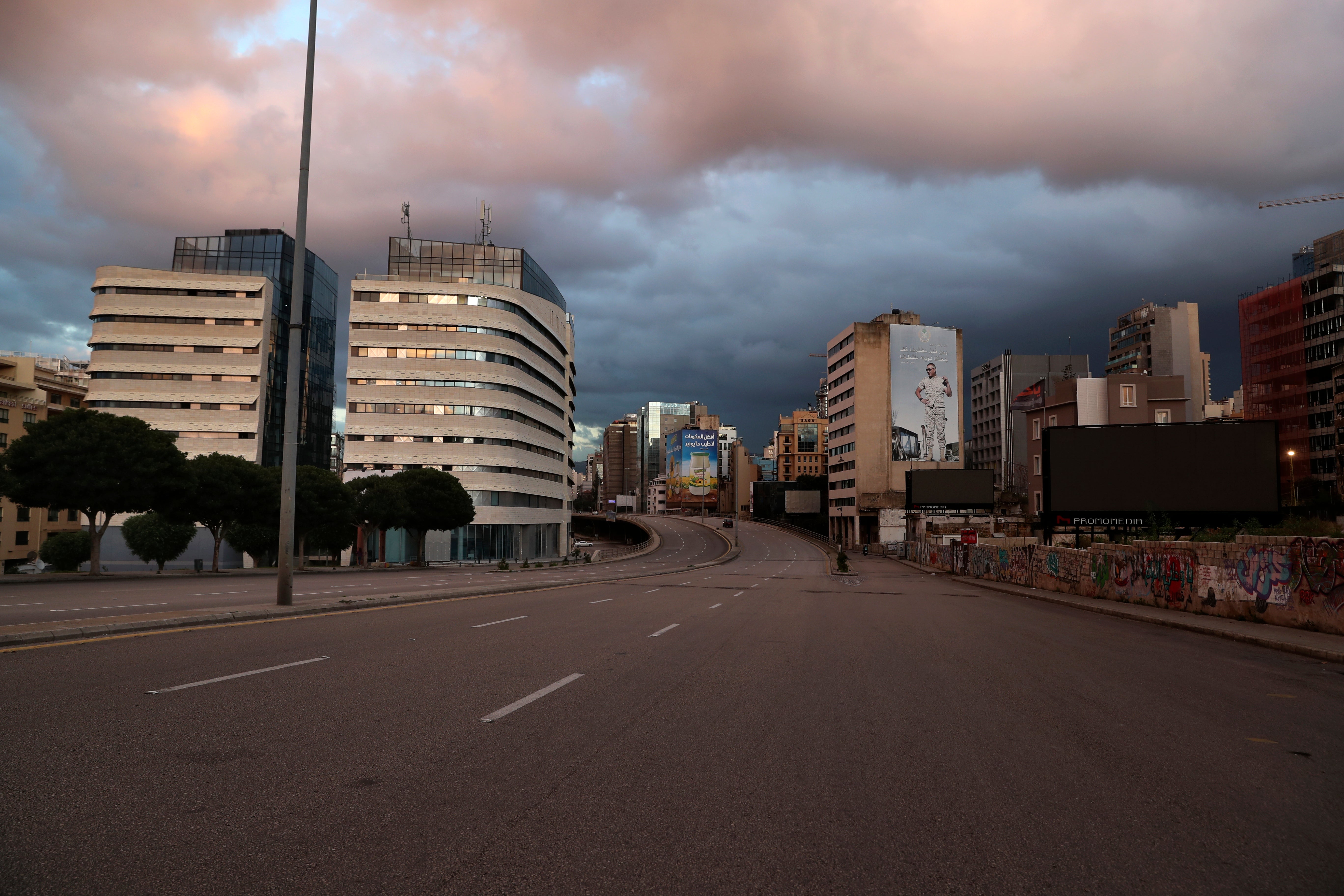Lebanon’s economic collapse: Ask Me Anything live with Middle East correspondent Bel Trew
The economic situation could not get much starker in Lebanon but what does the future hold and what does it mean for the rest of the world? Our expert Bel Trew will be answering your questions live


Your support helps us to tell the story
From reproductive rights to climate change to Big Tech, The Independent is on the ground when the story is developing. Whether it's investigating the financials of Elon Musk's pro-Trump PAC or producing our latest documentary, 'The A Word', which shines a light on the American women fighting for reproductive rights, we know how important it is to parse out the facts from the messaging.
At such a critical moment in US history, we need reporters on the ground. Your donation allows us to keep sending journalists to speak to both sides of the story.
The Independent is trusted by Americans across the entire political spectrum. And unlike many other quality news outlets, we choose not to lock Americans out of our reporting and analysis with paywalls. We believe quality journalism should be available to everyone, paid for by those who can afford it.
Your support makes all the difference.Lebanon is currently in the grips of one of the worst economic collapses in the last 170 years, according to the World Bank.
The local currency has lost nearly 90 percent of its value since the start of 2020 and keeps tumbling: rampant inflation means that food prices have quadrupled over the last year.
It has become so severe the United Nations has warned of pockets of famine and said last week that nearly 80 percent of households do not have food or the money to buy food. Among Lebanon’s 1.5 million strong Syrian refugee population that figure rises to 99 percent.
It’s coupled with devastating shortages of power and fuel. It’s not uncommon to see motorists camping in petrol stations to try to get hold of the last dribbles of fuel. In many parts of Beirut homes are only getting an hour of power a day from the national grid, and instead having to rely on generators which are punishingly expensive for those who do not have access to foreign currency.
On Sunday the country’s medicine importers said that they had run out of hundreds of essential drugs and warned of more shortages. It’s often hard to find basic items like paracetamol in shops.
The crisis is multi-headed but anchored in decades of chronic government mismanagement and corruption. It was only made worse by the arrival of the pandemic and in August one of the largest non-nuclear explosions in modern history which ravaged swathes of Beirut.
The Independent’s Middle East correspondent Bel Trew is in Beirut where she has lived since last March and will be answering your questions on the ongoing collapse live on this page at 4pm BST on 6 July.
All you have to do is register to submit your question in the comments below. If you’re not already a member, click “sign up” in the comments box to leave your question.
Don’t worry if you can’t see your question - they will be hidden until Bel joins the conversation to answer them. Then join us live on this page at 4pm BST as Bel tackles as many questions as she can.



Join our commenting forum
Join thought-provoking conversations, follow other Independent readers and see their replies
Comments